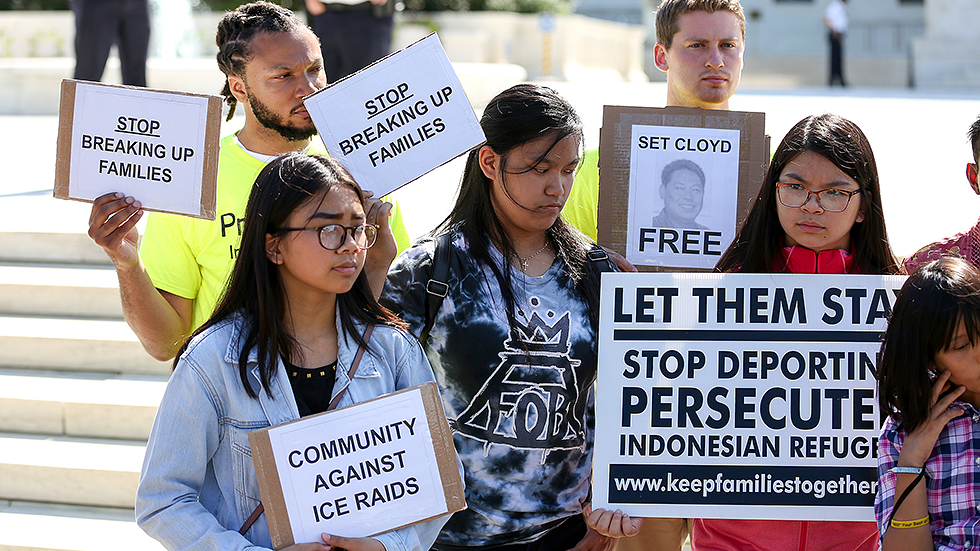Search for Self: An Immigrant’s Tale of Identity, Loss, and Acceptance
In the early years of my life, nestled in the beautiful landscapes of Bulgaria—my homeland, I witnessed an event so jolting it shook my very understanding of identity. An immigrant from Iraq, my biological father’s crime of passion resulted in the tragic demise of my biological mother—an national of Bulgaria, followed by his own. This horrifying act transpired under the fraught canvas of his Muslim heritage. The aftermath of the mishap was filled with layers of unresolved grief and an adoption that led me to America—a country characterized by its white majority.
The quest for a coherent cultural identity began to surface in my mind as I reached an age to form my own questions and attempt to find their answers. Having been raised in Bulgaria for a minuscule period of my life, and steeped into a different language and culture soon after, one that did not resonate with my roots, left me detached from who I truly was. With my juvenile memory of Bulgarian language fading within three months of settling in the U.S., I realized my physical characteristics didn’t radiate the expected Bulgarian features either.
Ironically, slumbering beneath my olive-toned skin, which noticeably morphed into a sand-ish tone over time, was an undeniable link with my birth father. However, the explanations for my father’s heinous act, and elucidation of the impact of his culture and religion on his decisions, were largely left unexplored. As time passed and grief set in, I found my roots in Bulgaria drifting away, even as the silent curiosity about my birth mother and our shared past continued to daunt me.
Growing up in America, my unique olive skin set me apart in a way that did not encourage my desire for acceptance amongst the white majority. Suppressing any sign of ethnic difference became a survival instinct in my quest for fitting in. This mindset inadvertently created roadblocks on my path to self-discovery and understanding my roots.
Unbeknownst to my new family, my genes weren’t just Bulgarian; I had a biological paternal family back in the embattled land of Iraq. A solitary teenager, I often found myself dissecting my features in the mirror, correlating them with those of my biological parents—an effort to unearth clues about their personalities and mine – in utmost secrecy.
A cataclysmic event shook my life further when the United States, my new homeland, invaded Iraq—not long after my explorative trip to Chicago. Thoughts about my Iraqi family, unaware if they were even surviving, and the extent of their suffering, started haunting me. My frantic secret searches for them, however, remained fruitless.
As I stepped into the world of higher education, I decided to immerse myself into Arabic studies during my first year in college. Two years into my linguistic journey, I received an accolade—a scholarship for studying Arabic abroad in Morocco, the summer before my final year.
Contrary to my earlier apprehensions, these experiences served as a safe conduit to accept those parts of my identity, so far buried in layers of complexity and misunderstanding, instead of stirring up painful memories of my birth father. An intrinsic shift started germinating within me, anchoring my cultural identity to my roots.
The conclusion of my foreign study in Morocco was marked by a visit to Bulgaria, crossing the Strait of Gibraltar by boat. Over a decade had passed since I last breathed the air of my birth city, Sofia. As I traversed through the ancient città, trying to envision my birth father’s return from a land where he was perceived as an alien, receiving news about his life crumbling as he learns about his divorce from the woman he once loved.
Despite the gruesome wrongdoing of my birth father, I began to see layers of his identity beyond what he was largely remembered for. A mirror to that revelation, I realized the multiplicity of my self-identity, too. Countless presumptions surrounded my capacity to forgive him. But by viewing him through a humane lens, I could finally walk the path of forgiveness.
Immersing myself into his culture during my college years provided a strong foundation not just for forgiveness but also for understanding and accepting myself. Upon graduating from college, I relocated overseas to take up a role as a grant writer for a NGO advocating for refugee rights. During this time, with the help of a skilled therapist, I began working on recognizing and defining my racial consciousness beyond the narrative set by my birth father.
That summer changed my life as a fortuitous revelation empowered me to trace back to my biological family in Iraq. Meeting them was an emotionally charged moment, solidifying the understanding that my identity and cultural belonging could exist separately from my traumatic past linked with my birth father.
The journey of self-discovery and acceptance continued even after these revelations. A decade plus two years later, I am now a therapist guiding others through their unique journeys. By leaning towards understanding instead of judgement, I came to a realization about the intricacies and complexities that define every individual beyond their perceived identities.
My experiences have embedded in me a fundamental truth: we have much to gain from embracing, instead of shunning, what we struggle to understand. We are all a labyrinth of complexities, not defined merely by one trait or event.
As I reflect on my journey, I realize the importance of uncovering my identity layers and coming into my own. In doing so, I have found the capacity to forgive, to understand, and to empathize. I am reminded that we are all a tapestry of diverse threads, with not one, but many identities making up who truly we are.



